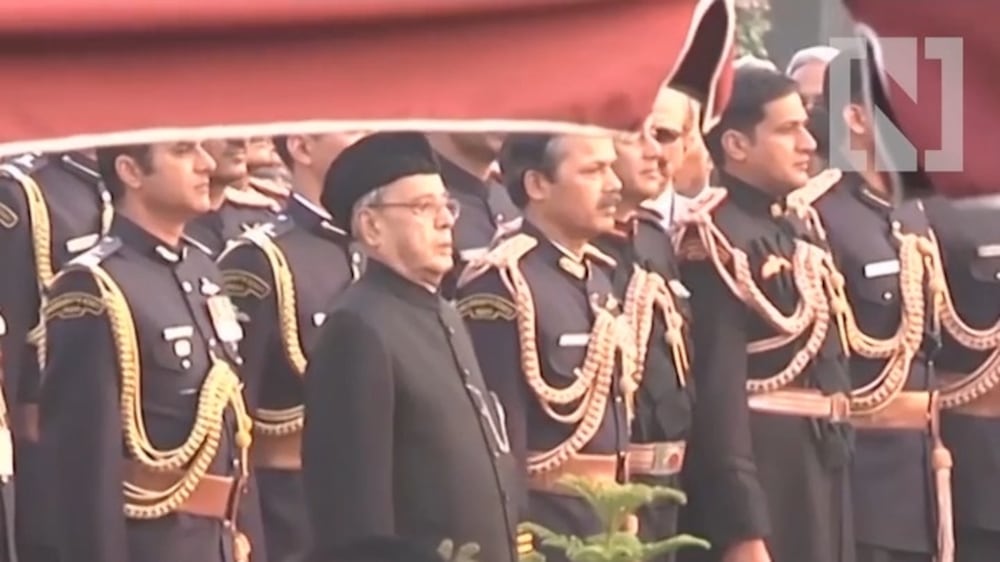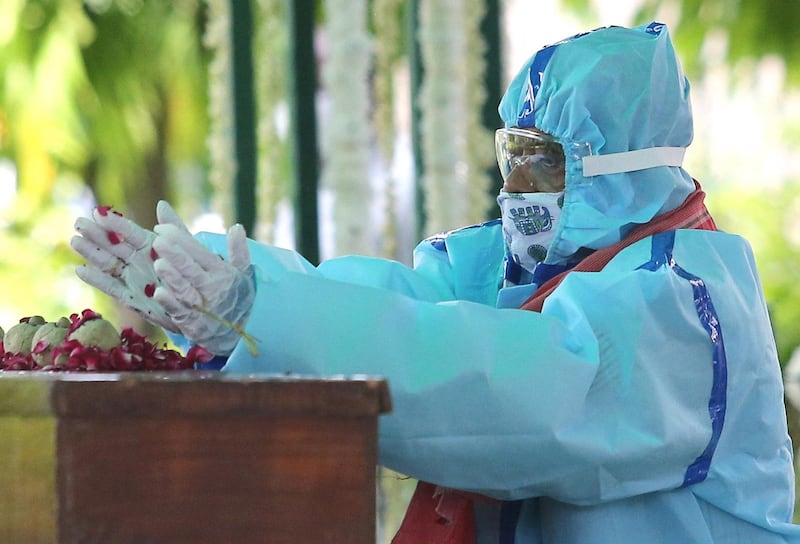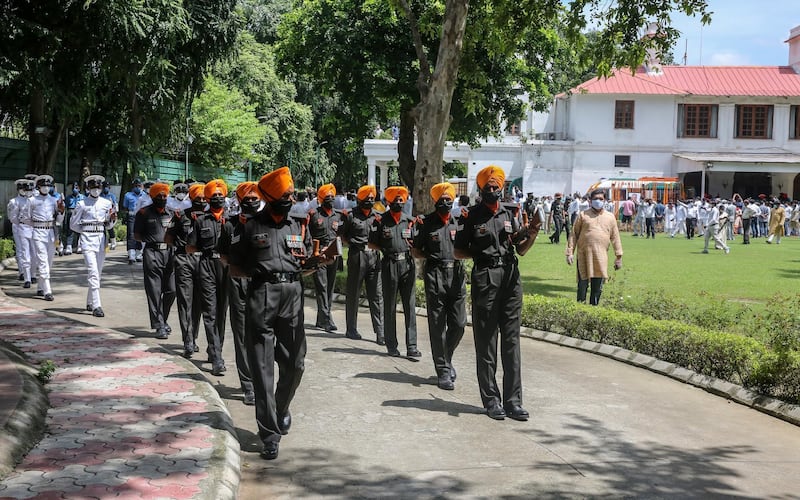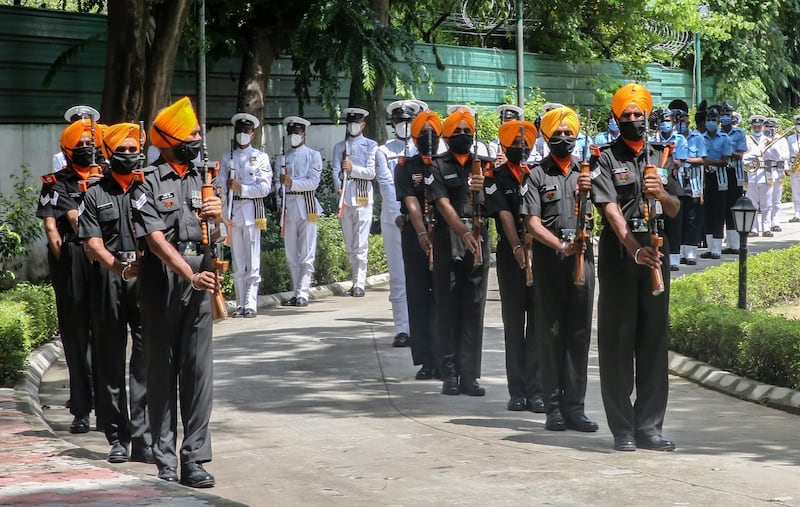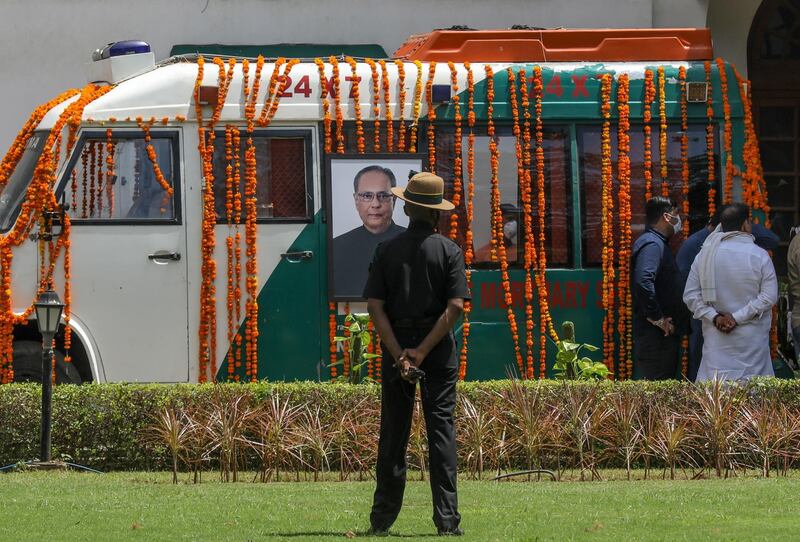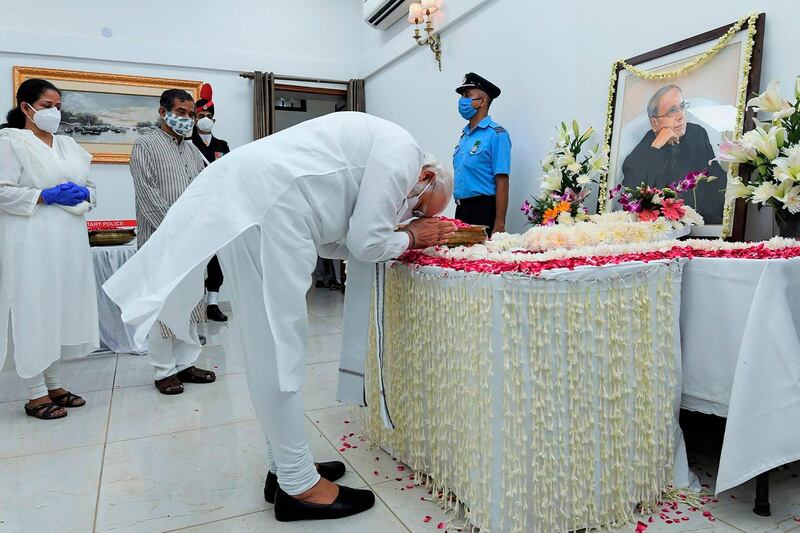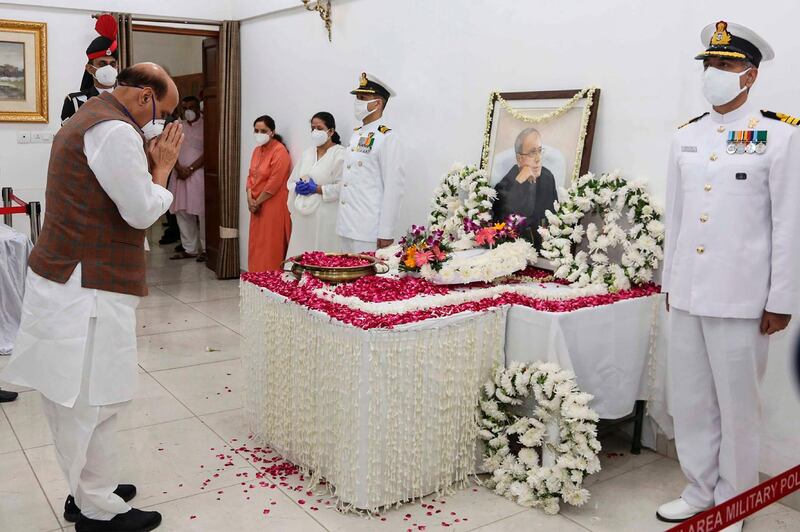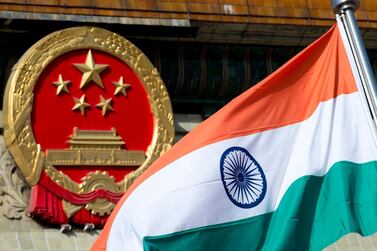Former Indian president Pranab Mukherjee, who passed away on Monday, was a rare kind of resilient politician who remained determinedly loyal and relevant to the Congress party since his induction in 1969. Beginning his career as a campaign manager for a Congress stalwart in Midnapore, West Bengal, the pipe-smoking, lecturer-lawyer swiftly rose through the party ranks and held major cabinet appointments for years.
The pinnacle was his elevation as the 13th president of the republic in 2012. Mukherjee distanced himself from active politics upon assuming this high office, but at heart he was a quintessential Congressman and a loyalist of the Gandhi family that continues to helm the party to this day.
Often described as the "man for all seasons", he combined certain distinctive personal traits that stood him and the party in good stead for five decades, as he skillfully managed a mix of challenges, crisis situations and intractable political exigencies – both when he was part of the government and when he was in the opposition.
In her condolence message, Congress president Sonia Gandhi described Mukherjee as an “integral and prominent part of public life, the Congress party and the central government” and added that he had played “a crucial role in both shaping the course of events and participating in them". These words have an added resonance at a time when the party is going through an internal convulsion. Last month, a group of "protesters" sought inner-party deliberations and course correction – although this is not the first time that the leadership has faced such a challenge.
In an unintended manner, the trajectory of Mukherjee's political career encapsulates the burden that a Gandhi family loyalist has to carry. And if "Pranabda" – as Mukherjee was fondly referred to – had been consulted by both camps within the Congress, the current crisis could have been better managed.
The predicament India's "Grand Old Party" faces at the moment, as it languishes in the opposition following decades of dominance, is linked to the family.
The Nehru-Gandhi dynasty has held the Congress presidency for a record 16 times, going back to family patriarch Motilal Nehru's appointment in 1919. His son Jawaharlal – India's first prime minister – was elected in 1929 and held this office six more times until 1959, when predictably his daughter Indira was elected.
After the demise of Jawaharlal in 1964, the president was elected from outside the family. But in 1969, Indira – by now prime minister – split the party to ward off an internal challenge and appointed family loyalists to this office. She returned to the helm in 1978.
The family saga continued when her son Rajiv was elected president in 1984 after her assassination. This was the period when Mukherjee fell out of favour with the family (he maintained this was due to a vilification campaign mounted against him by party rivals) and the loyalists rallied around Rajiv, who also went on to become prime minister.
Ironically, however, since being hand-picked and mentored by Indira in 1969, Mukherjee was perceived to be less than loyal to the family and unceremoniously expelled from the party in 1986. It left many to wonder whether he had exuded too much spine and competence. Regardless of the reasons, he was reinstated in 1988 and played a key role in managing the internal party turbulence after Rajiv's assassination in 1991.
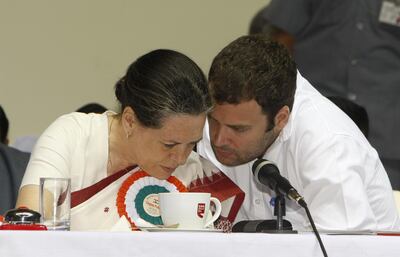
When Sonia Gandhi, Rajiv's widow, acknowledged Mukherjee’s crucial role in shaping the course of events, the subtext was perhaps an allusion to the manner in which she was elevated to the party presidency in 1998. At the time, she was a political novice and not fully conversant – in a hands-on manner – with the fine "muck" of internal party intrigue and bitter factionalism. Mukherjee, the master strategist, invoked rarely used provisions in the party constitution to orchestrate an ouster of the then sitting president Sitaram Kesri.
Mukherjee's story fits a pattern – of being part of the inner family circle, then being excluded, perhaps even being publicly disparaged and rapped on the knuckles for any display of dissent.
The current crisis in the party has been dubbed the "G23 letter". It involves a group of 23 senior Congress functionaries who have raised their concerns over the leadership crisis that resulted in the 2019 parliamentary election defeat, when Sonia Gandhi's son Rahul stepped down as president after two years, following which his mother again assumed office.
This relatively courteous – and at one level constructive – letter from the so-called G23 was seen as criticism of the family. The fact that it was circulated when Sonia Gandhi was indisposed provided an emotional tinge to the matter. There was considerable angst and anger at a stormy meeting that followed on August 24. The net result, however, was that Sonia Gandhi was able to demonstrate her control over the party, thereby putting the protesters on the defensive.
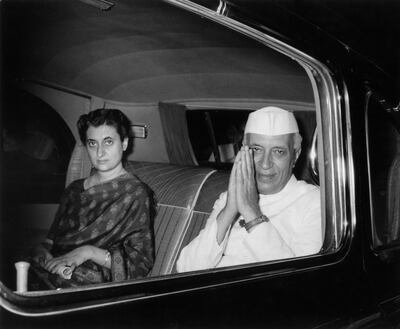
The current attitude of the family is akin to "the dog in the manger" syndrome – the mother-son pair is unable to provide effective leadership in a sustained manner to make the Congress a credible opposition party, but is yet unwilling to permit a free internal election to put in place a new leadership group.
The Congress party is in a desperate need to carry out a rigorous internal review and accept that a root-and-branch re-organisation and a grassroots revival are both imperative for its survival. Mukherjee had acquired that kind of experience and mastery over electoral detail in relation to West Bengal, but there are few in the party now with that kind of heft or national profile.
The family has to enable the revival of the party in a holistic top-down manner. Electing Rahul as president again would be an inglorious self-goal.
C Uday Bhaskar is director of the New Delhi-based think tank Society for Policy Studies
